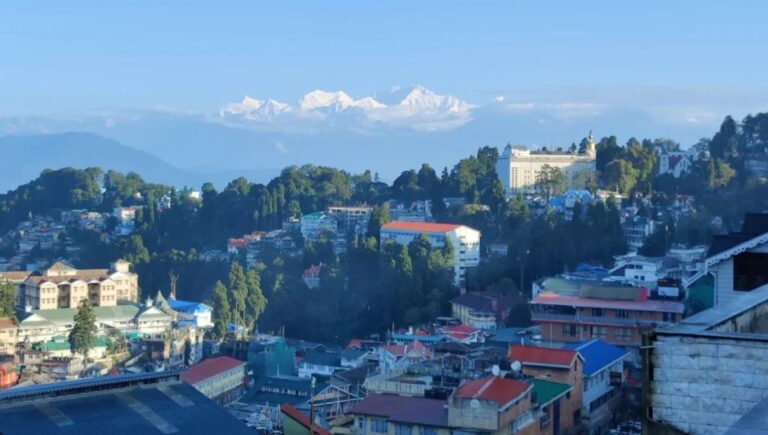The hills of Darjeeling are not just scenic — they’re aromatic. Rising through their morning mists are the notes of muscatel, citrus, and wildflowers, found only in the teas that grow here. At the heart of this sensory experience lies the Masani Group’s tea division, with estates like Happy Valley, Sivitar, Mulootar, and Sepoydhura delivering excellence, cup after cup.
Tea here isn’t grown — it’s nurtured. Every leaf is hand-plucked, often before the sun fully rises, ensuring only the tender top buds are harvested. This attention to detail is what gives Darjeeling tea its signature flavor profile. At Masani’s estates, women lead the workforce, empowered through fair wages, education, and leadership roles.
Once plucked, the leaves are quickly taken to on-site processing units. Here, they undergo withering, rolling, oxidation, drying, and sorting — all in less than 24 hours. This swift cycle preserves the aromatic oils and unique chemical makeup of high-altitude tea.
Masani has championed organic practices across its estates. No chemical fertilizers, no artificial flavoring — just rich Himalayan soil, natural compost, and fresh mountain rain. These practices have earned the group multiple certifications, making their products ideal for global export.
Their brand, Lemongrass Organic, has found shelf space across the Gulf and Europe, winning praise for both flavor and packaging. With blends like Silver Tips, Autumn Flush, and Green Serenity, the brand speaks to connoisseurs and casual tea drinkers alike.
Every cup of Masani tea is a story — of heritage, elevation, and heart.




